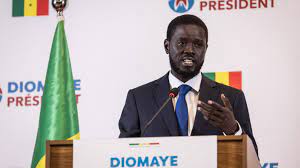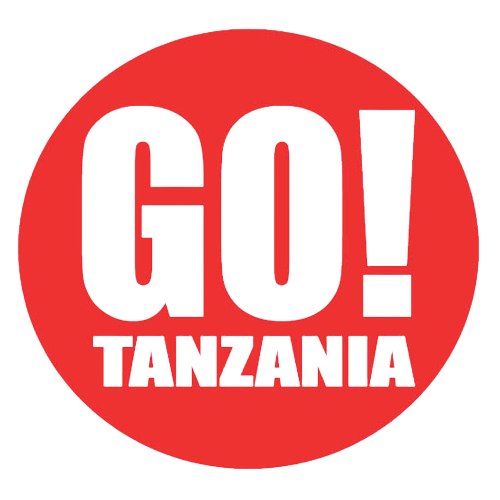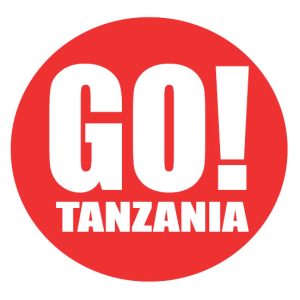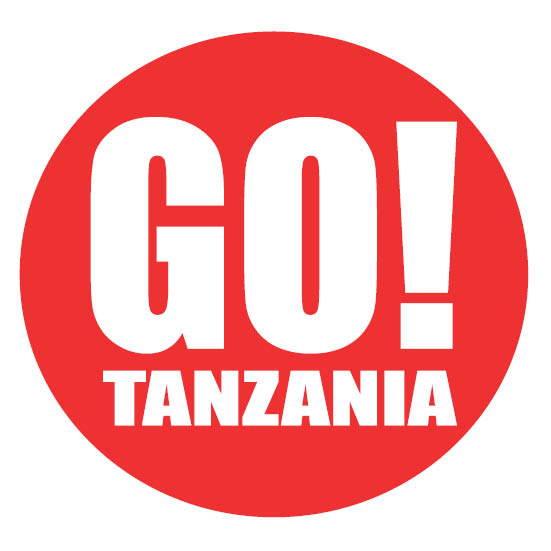
Amadou Ba said he congratulated Bassirou Diomaye Diakhar Faye and wished him success.
Faye’s expected victory reflected frustration among youth with high unemployment and concerns about governance in the West African nation. Faye, backed by popular opposition leader Ousmane Sonko, has vowed to protect Senegal from corruption and interference from foreign powers like former colonial master France.
There was no immediate comment from Faye’s team. Sonko was barred from the presidential race in January for a prior conviction, and Faye ran in his place.
The election on Sunday followed months of uncertainty and unrest that shook Senegal’s reputation as a stable democracy in a region that has seen a wave of coups in recent years. Rights groups said dozens were killed while hundreds more were jailed.
It took place weeks later than planned after President Macky Sall’s unsuccessful attempt to postpone it until the end of the year, triggering violent protests.
The vote was largely peaceful with a high turnout, observers said. Official announcements are expected later this week, but early counts showed voters turned out overwhelmingly in favor of the opposition. Sonko promised a resounding victory on his YouTube channel.
In Senegal’s coastal capital, Dakar, opposition supporters danced, played music and set off fireworks until late Sunday night in anticipation of victory.
“Our democracy will emerge stronger from these results,” said Ndeye Sow, 27. “We’re delighted, there was no violence here, serenity is the order of the day.”
More than 7 million people were registered to vote in a country of roughly 17 million. This is Senegal’s fourth democratic transfer of power since gaining independence from France more than six decades ago. The outgoing president was constitutionally barred from seeking a third term. The civil society observer group known as COSCE said voter turnout was around 61%.
Until weeks prior, opposition leaders Sonko and Faye were both in prison serving sentences related to their political activities. They were freed a little over a week before the vote following the president’s announcement of a political amnesty, which helped defuse tensions among supporters.
The expected winner of the election, 44-year old Faye, was a former tax collector and little known until Sonko named him as his heir. “I would even say that he is more honest than me. I place the project in his hands,” Sonko told supporters at a joint press conference last year in March. Weeks later, Faye was arrested and jailed on charges of defamation, among other things.
Alioune Tine, founder of Afrikajom Center, a Senegalese think tank, said the outcome of the vote proved Senegal would survive after a difficult year that had undermined the population’s faith in democracy.
“From prison to the presidential palace,” said Tine. “The only country in Africa capable of withstanding a democratic disease that has shaken all its institutions, profoundly shaken its society, and recovered from it.”
Senegal’s president congratulated Faye in a statement on his Facebook page, and said it was a victory for Senegalese democracy.
International analysts said a change in leadership in Senegal would come as a relief after months of violence, but raised new questions about the foreign policy of the new government at a time when the coastal nation is becoming an oil and gas producer.
“A win by the opposition also means major changes ahead in domestic and foreign policies,” said Rida Lyammouri of the Policy Center for the New South, a Morocco-based think tank, adding that a promise to move away from former colonial power France could define the foreign policy of the country’s new government.
Across neighboring countries in the Sahel, including Burkina Faso, Mali and Niger, that recently experienced military coups, sentiment has turned against France. The ruling juntas have ended military cooperation with France, while turning instead to Russia for support.
Associated Press



